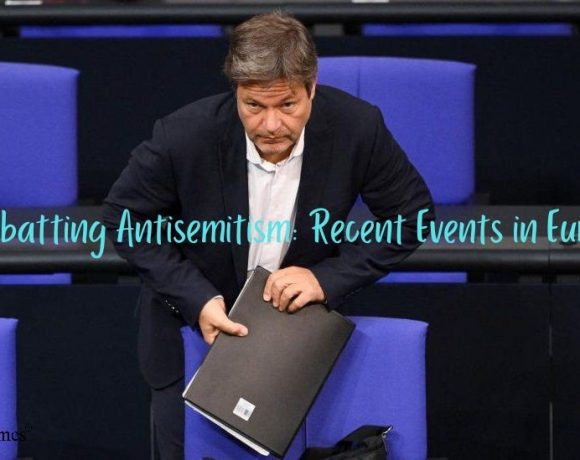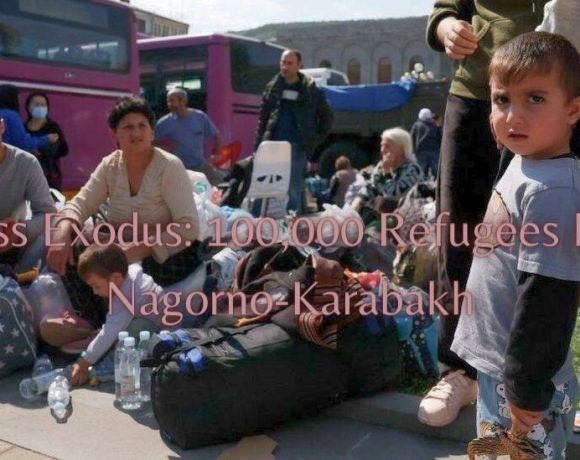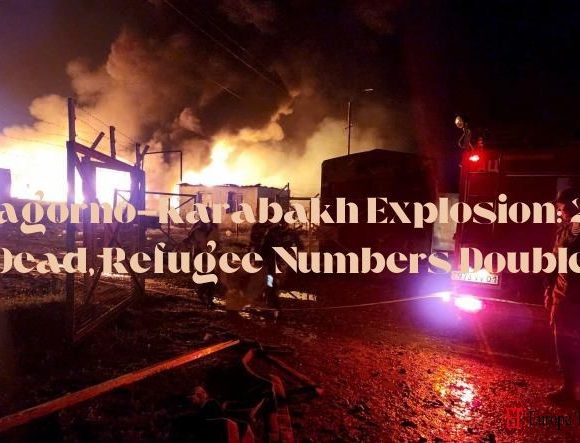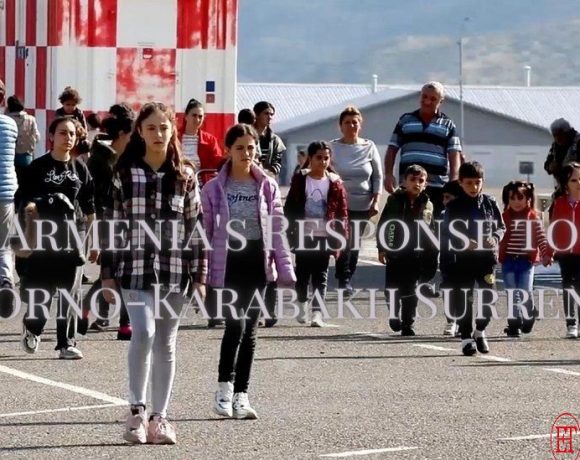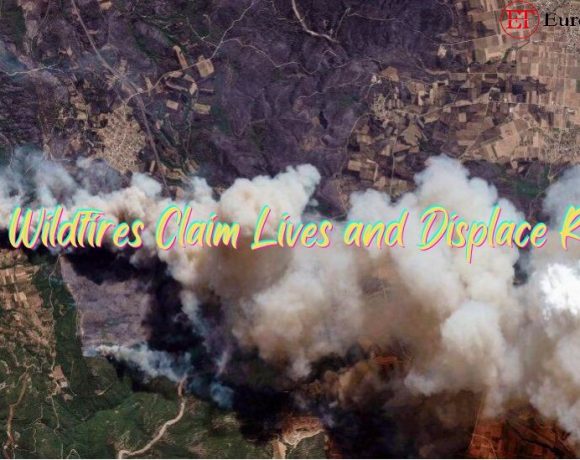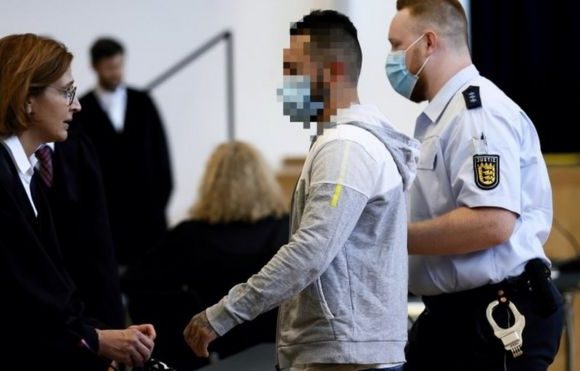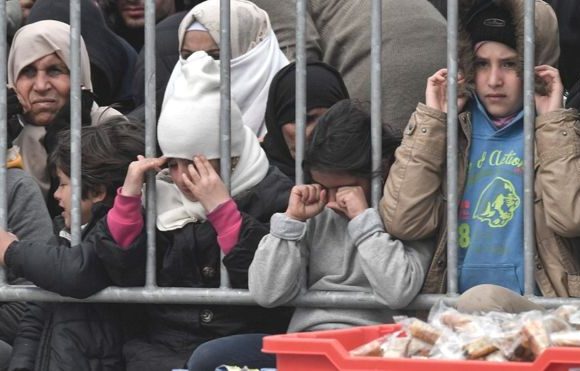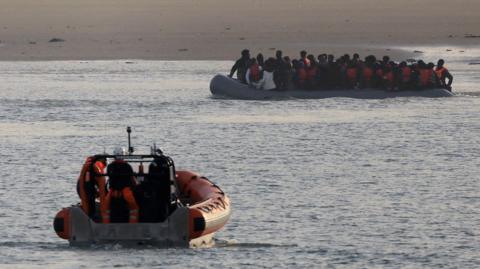
The EU’s Fundamental Rights Agency (FRA) is urging more thorough investigations into alleged human rights violations against migrants and refugees by authorities at the EU’s borders, including areas in the Balkans, the Mediterranean, and the English Channel. In a recent report, FRA highlighted the concerning lack of investigations despite numerous credible reports of loss of life and mistreatment along the EU’s land and sea borders.
The agency pointed out that allegations of severe human rights abuses include physical violence, neglect in rescuing individuals in distress, and forced family separations. FRA noted that victims often do not report these incidents to law enforcement due to their vulnerable circumstances.
In France, a civil society organization indicated that only one out of ten cases reported to them in Calais resulted in a formal complaint. Lawyers and civil society groups have stated that victims may hesitate to file complaints due to a lack of trust in the authorities or fear of repercussions on their asylum applications. Additionally, smugglers sometimes advise against reporting such incidents.
An example illustrating the difficulties faced by investigators occurred in October 2022 when French police apprehended an unaccompanied child hiding in a truck bound for the United Kingdom. The child was later found unconscious with a fractured skull by volunteers, who reported the incident to the public prosecutor in Boulogne-sur-Mer. However, when investigators attempted to reach the child a month later, he had already left for the UK and could not be located.
The report centers on border management and does not address asylum-related administrative procedures. FRA expressed concern that the limited number of investigations into these cases reflects poorly on the operations of border management authorities. The agency also noted that even when incidents are looked into, very few result in national court convictions, creating a prevailing sense of impunity.
FRA’s Director, Sirpa Rautio, emphasized that Europe has a “duty” to treat all individuals at its borders “fairly, respectfully, and in full compliance with human rights law.” She called for the implementation of “effective and rights-compliant border management practices” and thorough investigations into all reported instances of rights abuses.
Picture Courtesy: Google/images are subject to copyright



